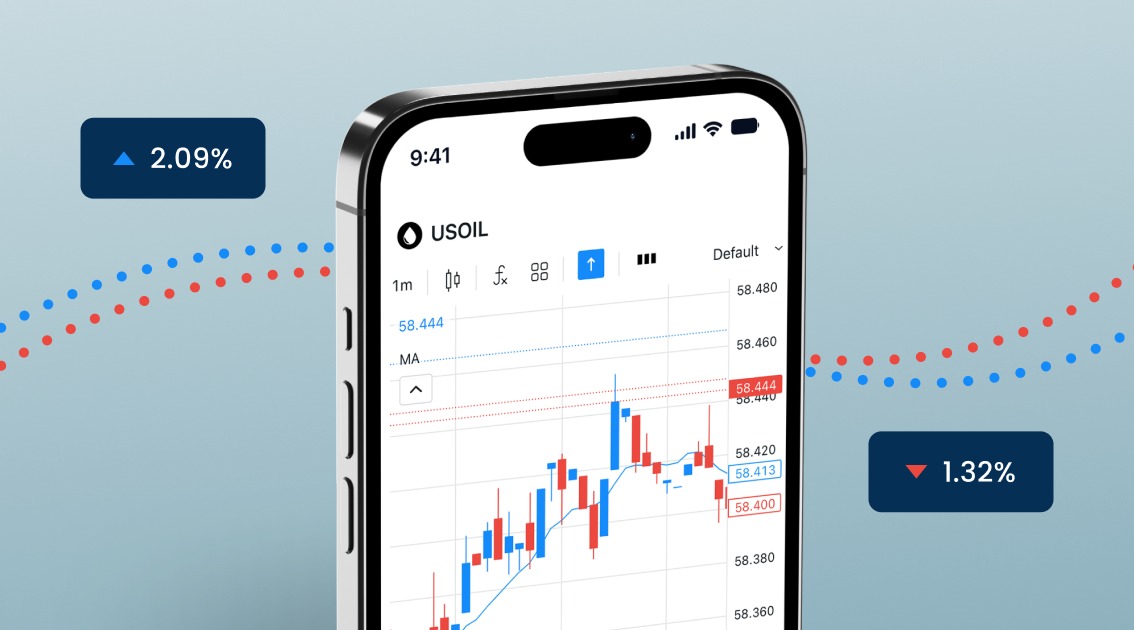With the rise of robo-advisors, the sector of investment management has undergone tremendous change in recent years. These digital platforms make use of cutting-edge technology and sophisticated algorithms to provide automated, low-cost, and personalized investment advice and portfolio management.
Robo-advisers have continued to disrupt the investment management industry in 2023, changing how individuals and institutions approach investing. In this article, we look at the dramatic impact of robo-advisors on investment management, as well as the benefits and drawbacks of using them.
Robo-Advisors Explained
Robo-advisors are digital platforms that automate investment advisory and portfolio management operations via the use of algorithms and artificial intelligence. These platforms gather customer information, such as financial goals, risk tolerance, and investing preferences, and then develop tailored investment strategies based on that information.
The portfolios are then implemented and rebalanced by robo-advisers utilizing low-cost, passive investment vehicles such exchange-traded funds (ETFs). Robo-advisors provide cost-effective and scalable investment management solutions by automating investment decisions.
Investment Accessibility and Democratization
Robo-advisors have greatly expanded the availability of investment management services. Due to hefty fees and account minimums, competent investment advice was traditionally only available to high-net-worth people or institutions. Robo-advisors, on the other hand, have democratized investment management by charging cheaper fees and having lower minimum account balances than traditional financial advisors.
This has paved the way for retail investors to gain access to professional investment management services and benefit from individualized investment techniques that were previously reserved for the wealthy.
Personalized Investment Counseling
One of the most significant benefits of robo-advisors is their capacity to deliver tailored investing recommendations. Robo-advisors evaluate individual investors' risk tolerance, financial goals, time horizons, and investing preferences using algorithms and sophisticated data analysis.
They generate customized investment suggestions and asset allocation strategies based on this information. The personalized nature of robo-advisors allows investors to tailor their portfolios to their specific circumstances and aspirations, increasing their chances of long-term financial success.
Transparency and cost-effectiveness
When compared to traditional financial advisors, robo-advisors provide more cost-effective investment management options. Robo-advisors often offer reduced costs since they use passive investment vehicles and automate activities.
Robo-advisor fee structures are transparent, giving investors a clear grasp of the costs involved. This transparency enables investors to make informed decisions and compare prices across platforms, resulting in cost-effective investment management.
Automation and efficiency
Robo-advisors use automation to streamline investment management procedures. When investors input their information and preferences, robo-advisors efficiently design and implement investing strategies. They help to automate operations like portfolio rebalancing, tax loss harvesting, and dividend reinvestment.
Human bias, emotional decision-making, and potential errors are eliminated by automation, resulting in disciplined and consistent investment management. Furthermore, robo-advisors offer real-time portfolio monitoring and performance tracking, ensuring that investors are always up to date on their investments.
Monitoring and rebalancing on an ongoing basis
Robo-advisors provide constant monitoring of investment portfolios to ensure that they remain aligned with the aims and risk profiles of investors. Robo-advisors automatically rebalance portfolios to preserve the appropriate asset allocation as market conditions and investors' circumstances change. This dynamic rebalancing reduces the impact of market swings and keeps portfolios on track with investors' long-term goals.
Financial Planning and Education Resources
Robo-advisors empower investors by providing educational resources and financial planning tools. To improve investors' financial literacy, these sites provide educational resources, market insights, and investing articles.
Furthermore, robo-advisors frequently feature interactive tools and calculators that assist users in understanding the impact of various investment selections, setting realistic financial objectives, and tracking their progress. Robo-advisors' educational and planning elements encourage investor engagement and educated decision-making.
Considerations and constraints
While robo-advisors have significant advantages, investors should keep some factors in mind. First, because robo-advisors rely on algorithms, they may fail to account for complex financial conditions or specific individual circumstances. Traditional financial advisors may be preferred by investors with specific needs or those who require human interaction.
Second, the absence of a personal contact with a human advisor may result in less emotional support during times of market volatility. Finally, to safeguard the security of their personal and financial information, investors should carefully analyze the security measures and data privacy policies of robo-advisory platforms.
Empowering Investors: How to Maximize Returns with Robo Advisors through Active Involvement
Robo advisors have revolutionized the investment landscape by offering automated, algorithm-based portfolio management services. These digital platforms provide convenience, cost-effectiveness, and diversification to investors. However, it is important for investors to avoid taking a backseat and instead actively engage with their robo advisors. By researching the market, broadening their knowledge, and staying informed, investors can enhance their trading skills and potentially achieve more consistent profits.
Understand Your Investment Strategy
While robo advisors offer pre-designed investment strategies based on risk tolerance and financial goals, it is essential for investors to understand the underlying principles and mechanisms behind these strategies. Take the time to study and comprehend the investment approach employed by your robo advisor. This will allow you to align your expectations and make informed decisions about your investment portfolio.
By understanding the investment strategy, investors can evaluate its performance, monitor any changes made by the robo advisor, and determine if adjustments are necessary based on market conditions or personal preferences. This knowledge empowers investors to actively shape their investment journey and make more informed choices.
Stay Informed and Educate Yourself
Even with the assistance of robo advisors, investors should actively educate themselves about the financial markets. Continuously expanding your knowledge base and keeping up with market trends, economic indicators, and industry developments can significantly enhance your trading acumen.
Reading financial news, following expert analysis, and exploring educational resources on investing can help you make more informed decisions. By staying informed, you can evaluate the investment recommendations provided by your robo advisor and potentially spot new opportunities or potential risks that the algorithm might have missed.
Research and Monitor Your Portfolio
While robo advisors handle the day-to-day management of your portfolio, it is essential for investors to monitor their investments regularly. Take the time to review your portfolio's performance, assess its alignment with your financial goals, and identify any potential adjustments that may be necessary.
By actively researching and analyzing your portfolio, you can gain insights into the performance of different asset classes, sectors, or geographic regions. This knowledge can help you make informed decisions about rebalancing your portfolio or making strategic adjustments to optimize your returns.
Consider Customization and Personalization
Robo advisors often offer customization options that allow investors to tailor their portfolios to specific preferences or ethical considerations. Take advantage of these features to align your investments with your values and objectives. For example, you may have a preference for sustainable investments or a desire to exclude certain industries from your portfolio.
By personalizing your portfolio, you can further align your investments with your individual beliefs and potentially generate stronger returns by investing in sectors or companies that resonate with you.
Seek Professional Advice and Guidance
While robo advisors provide automated investment solutions, it is always beneficial to seek professional advice when needed. Engaging with financial advisors or wealth management professionals can provide valuable insights, particularly during major life events, changes in financial circumstances, or complex investment decisions.
By leveraging the expertise of financial professionals, you can complement the services offered by your robo advisor and gain a deeper understanding of advanced investment strategies or risk management techniques.
Conclusion
By combining technology, automation, and individualized guidance, robo-advisors have changed investment management. They have democratized investment services by providing low-cost solutions, individualized guidance, and transparency. Robo-advisors automate investment operations, increase efficiency, and offer ongoing monitoring and rebalancing.
However, before using robo-advisory services, investors should assess their individual needs and preferences. As robo-advisors advance, their impact on investment management is anticipated to grow, positioning them as a key participant in the investing environment in 2023 and beyond.

















